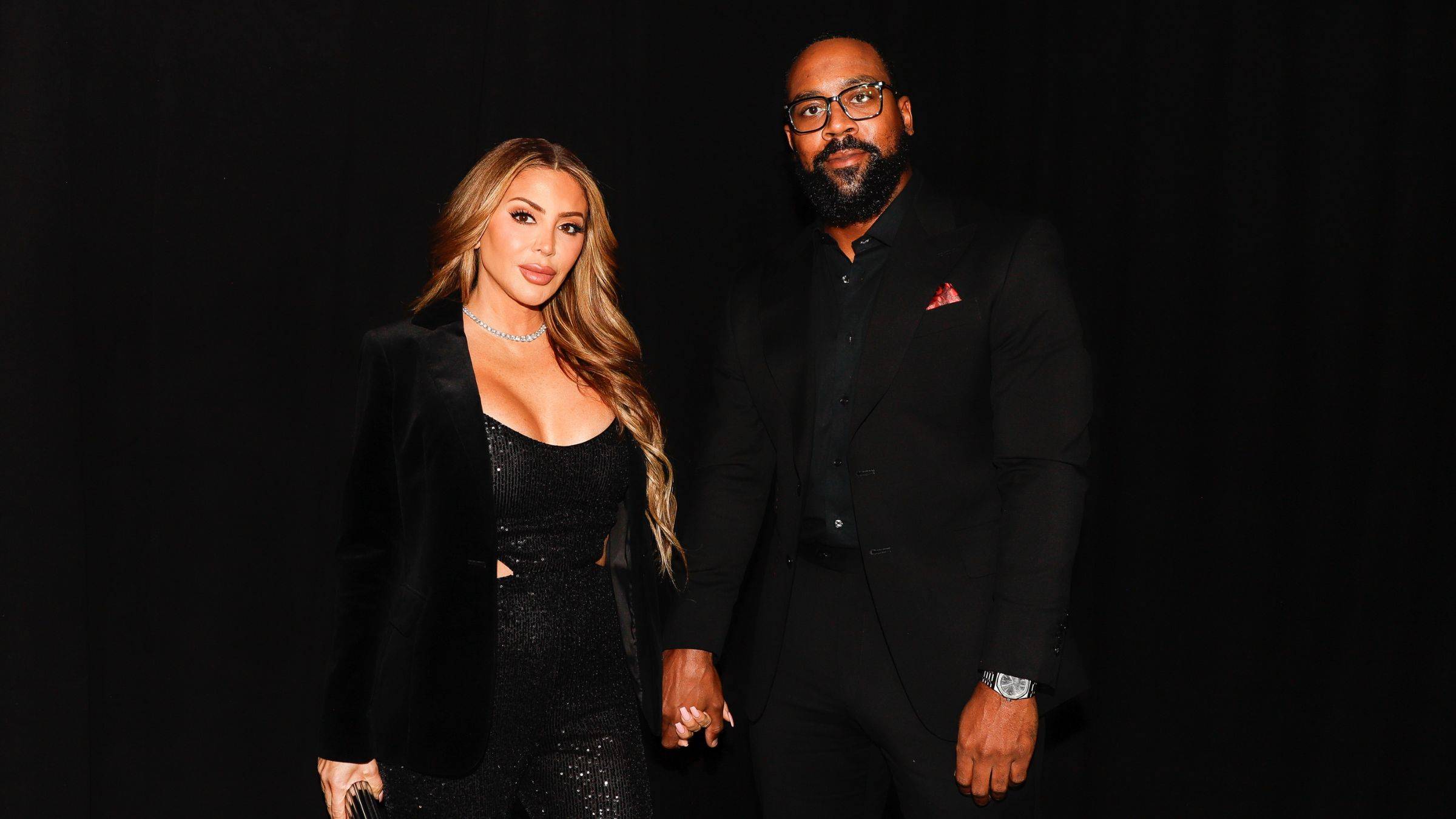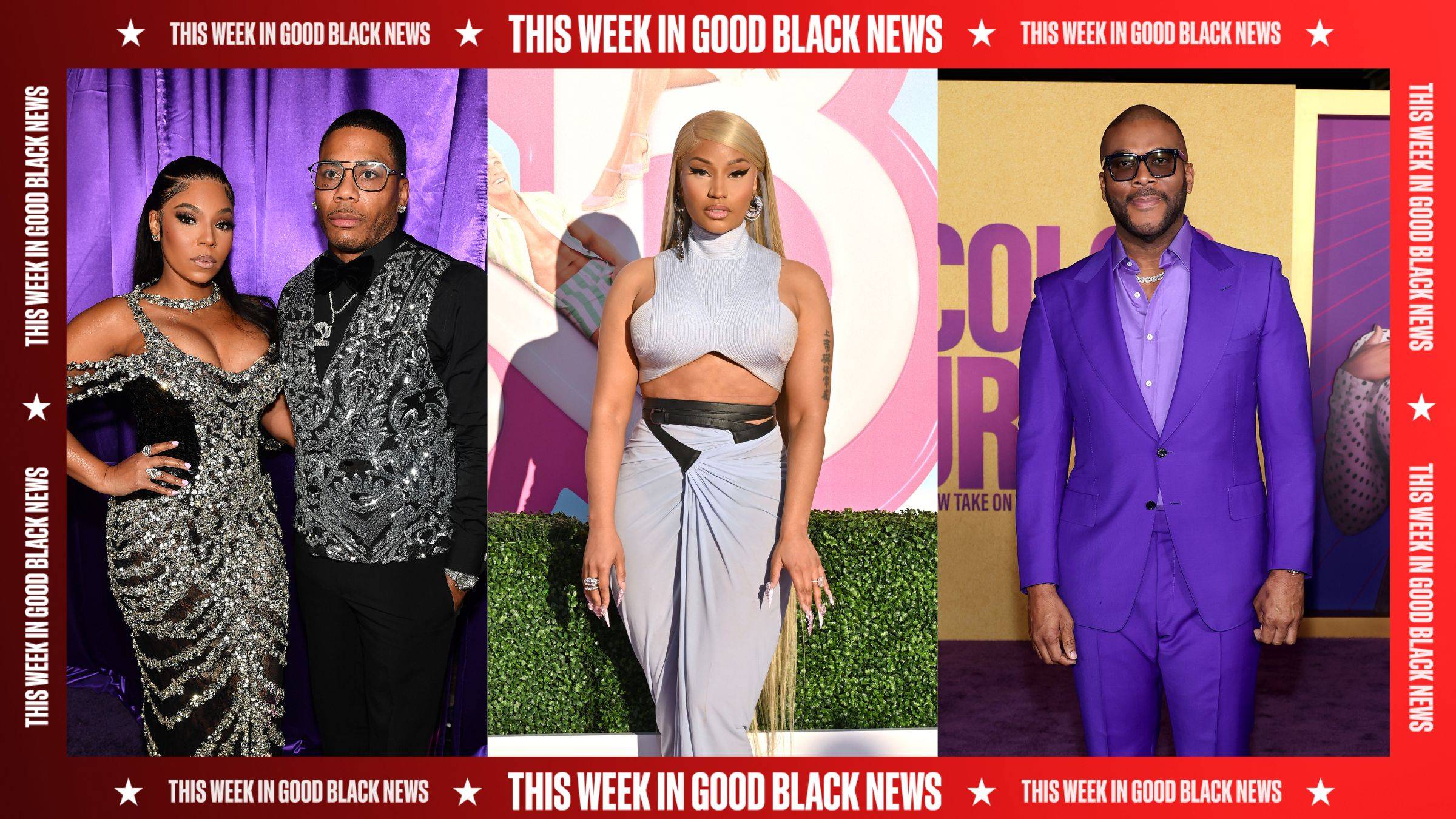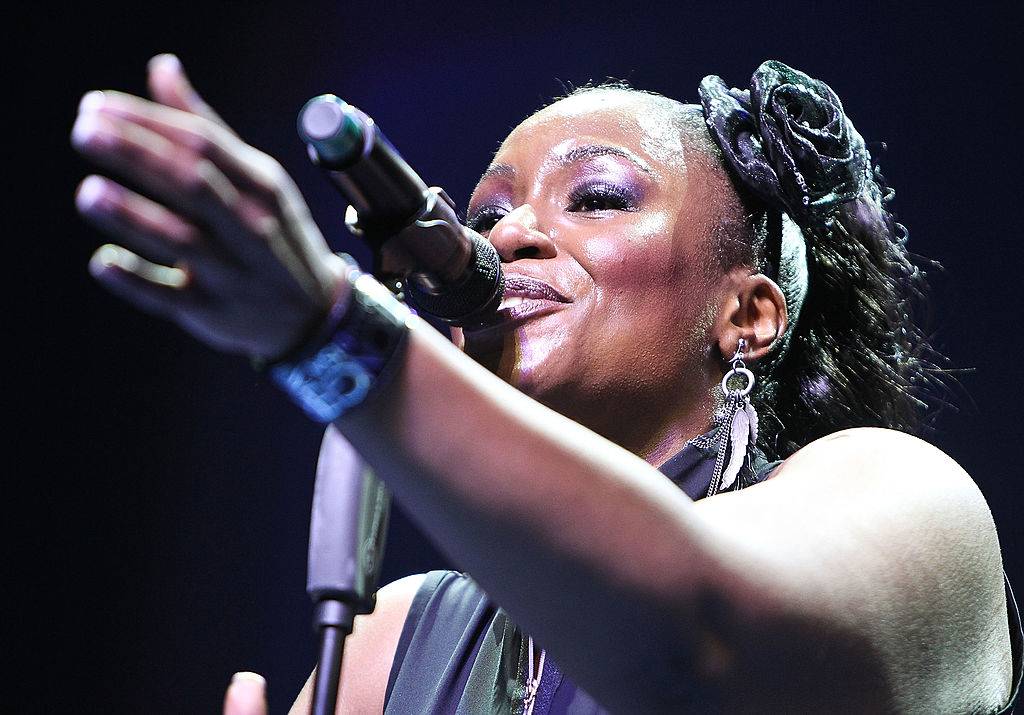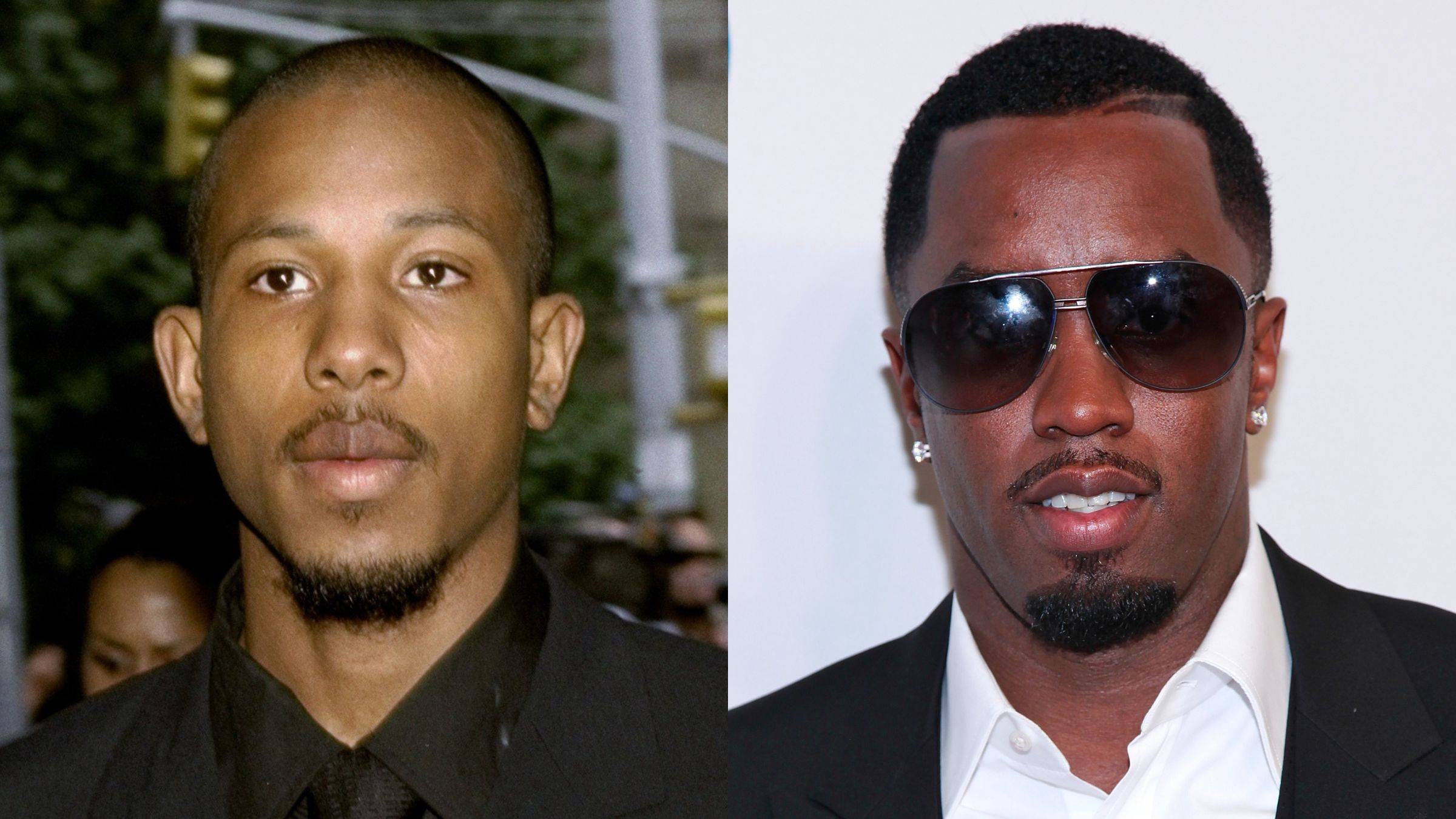Commentary: More Than Ever, Voting Is an Imperative for Black America

David Dunning, a psychologist at Cornell University, has produced a fascinating study that suggests that people are inherently unable to judge the competence of other people and the quality of those people’s ideas. In essence, he suggests that, when it comes to voting, most people lack the capacity to make meaningful judgments.
Winston Churchill said it somewhat differently when he stated that "the greatest argument against democracy is a five-minute conversation with the average voter.”
Dunning has concluded that nations often stumble when they rely on voters to elect leaders. He suggests that voters who are largely ignorant of the facts being debated by candidates are largely unable to select the best candidates to solve problems.
“Smart ideas are going to be hard for people to adopt.” Dunning told the website, Life's Little Mysteries, “Because most people don’t have the sophistication to recognize how good an idea is.”
However stunned we get from time to time at the results of local and national elections, the system that defines American democracy goes to the polar opposite of Dunning’s contention. Voting for public officials is considered an absolute right that is a bedrock of American life. Not only should every effort be made to make voting easy, but Americans are taught from youth that we have the solid obligation to cast ballots.
That’s what makes the Republican Party’s current assault on the voting rights of Black Americans so appalling. While claiming cases of voter fraud that never quite seem to bear fruit, Republicans are systematically passing laws that require voters to produce state identification, knowing that a large number of low-income African-Americans simply don’t possess them.
But Dunning’s research and the vociferous disagreement that many are bound to feel toward it, point to another significant imperative. If the voting rights of Americans are being assaulted, that places a stronger imperative upon all residents — but particularly African-American voters — to go the polls.
For years, Black parents and teachers have reminded their children of the sacrifices made by martyrs of the civil rights movement to expand voting rights for all Americans, regardless of race. But at no time since the civil rights movement should Black Americans feel a more compelling insistence on voting than now.
We are living in an era when the attack on voting rights (not to mention American women’s ability to make decisions about their own health needs) is at an all-time high. The stakes are particularly high for Black Americans. The message here, which is in sharp counterpoint to the research compiled by Dunning, is simple: If we don’t vote, we shouldn’t complain.
Take the 1993 race for mayor in New York City. The incumbent, David N. Dinkins, lost his re-election bid. And some political scientists suggest that if Black turnout had been just slightly higher, New York’s first African-American mayor would have been re-elected. Instead, he lost and New Yorkers were treated to two terms of Rudolph W. Giuliani, whose antipathy toward communities of color was breathtakingly wretched and whose heavy-handed approach to minorities still produces widespread grievances.
Despite Dunning’s premise, African-Americans surely know enough about the candidates running for president in 2012 to make some informed decisions. The only question is whether Black America will go to the polls in numbers that respect the sacrifices of the past and the compelling needs of the present.
The opinions expressed here do not necessarily reflect those of BET Networks.
BET National News - Keep up-to-date with breaking news stories from around the nation, including headlines from the hip hop and entertainment world.
(Photo: Mario Tama/Getty Images)





